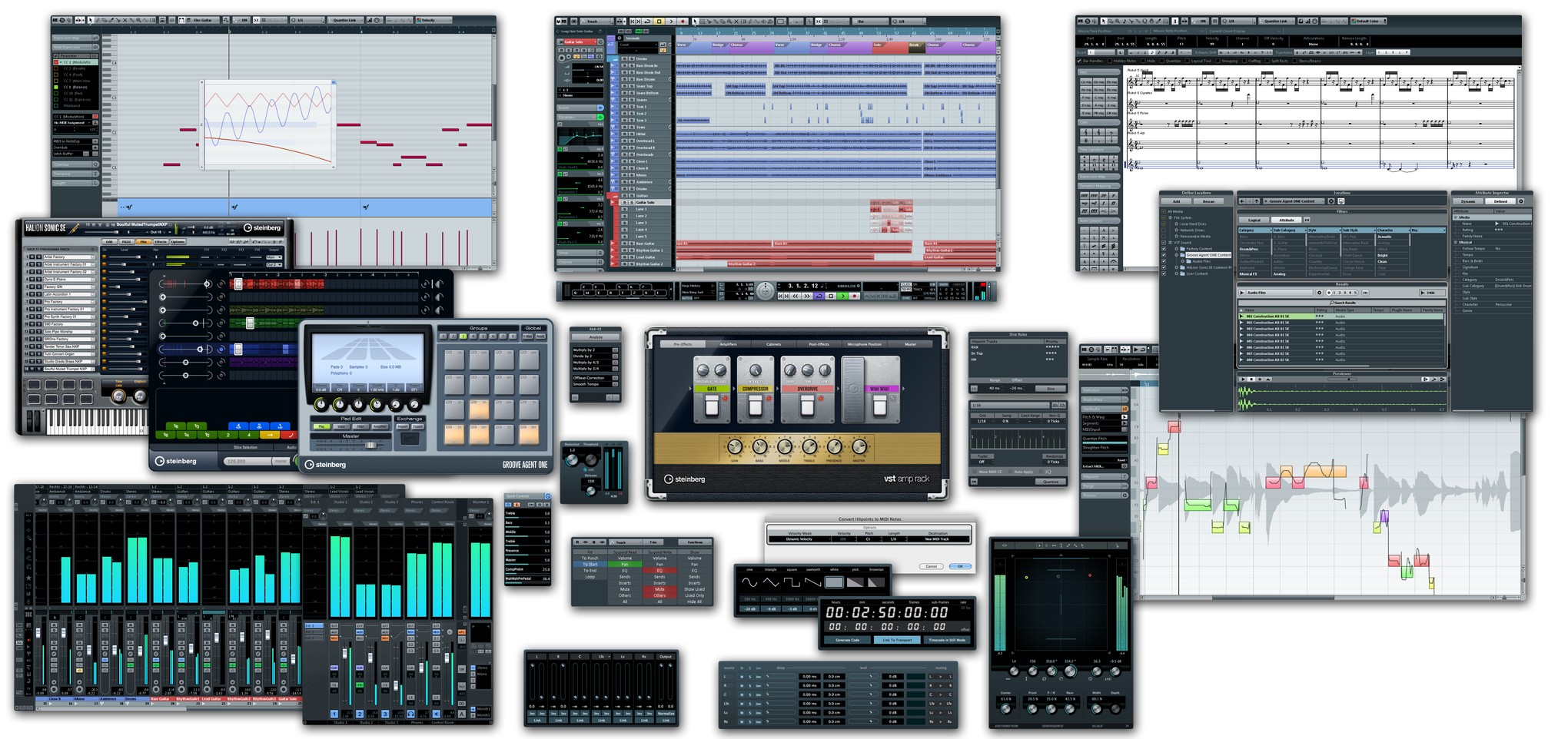

The five commonly used plug-in standards are: Which software uses what standards? Which standards are supported by PC or Mac? Where did they all come from? To make things easier for you we have prepared this guide to the different standards. VST: A standard developed by Steinberg Media Technologies GmbH, the creators of Cubase and Nuendo.

This standard works with PC (Windows) and Macintosh (OS-X) based computers. Some of the different DAWs available that support VST plug-ins are Steinberg Cubase and Nuendo, Ableton Live, Cakewalk Sonar and ImageLine FL-Studio.ĪU: A standard developed by Apple Inc, and is a plug-in architecture provided by Core Audio within OS-X on Macintosh computers. Examples of DAWs that support AU plug-ins are Apple Logic and Ableton Live.ĭX: The DX or DirectX plug-in standard was developed by Microsoft Corporation, and is a component of the overall DirectX system. DirectX plug-ins are not supported on Macintosh systems. RTAS: The RTAS plug-in standard was developed by Digidesign, and is supported by software including ProTools LE and ProTools HD on both PC (Windows) and Mac (OS-X) based systems Examples of DAWs that support DirectX plug-ins are Cakewalk Sonar and ImageLine FL-Studio. #VST PLUGINS FOR NUENDO 4 FREE DOWNLOAD PC# TDM: The TDM plug-in standard was also developed by Digidesign, however unlike the standards mentioned previously TDM plug-ins are processed using proprietary Digidesign hardware rather than the computer's CPU. Software that supports TDM plug-ins includes ProTools HD (PC/Mac) and Apple Logic (Mac).

Get from the wikipedia definition of the VST: Virtual Studio Technology and its acronym VST refer to an interface standard for connecting audio synthesizer and effect plugins to audio editors and hard-disk recording systems. VST and similar technologies allow the replacement of traditional recording studio hardware with software counterparts.


 0 kommentar(er)
0 kommentar(er)
